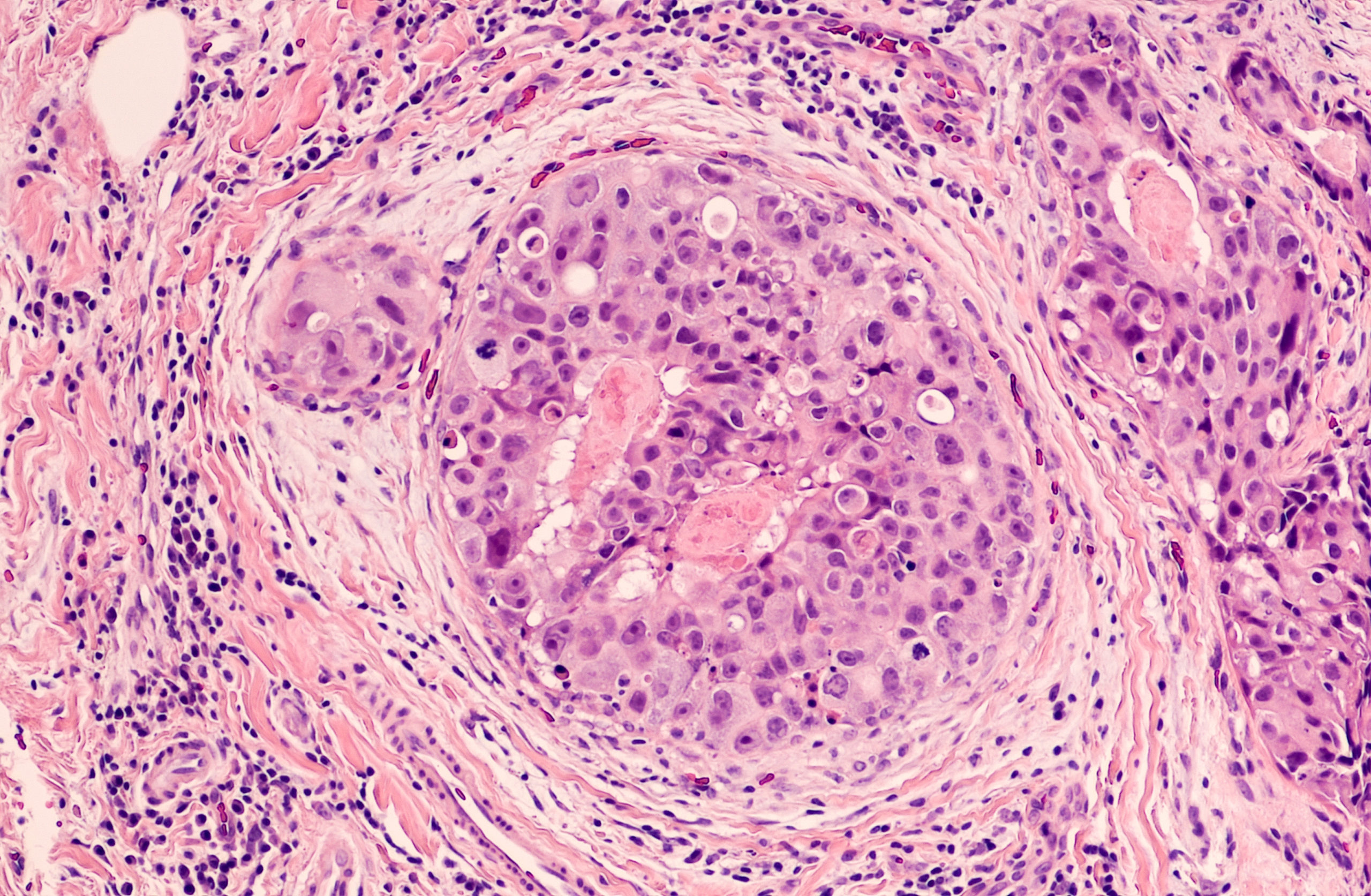
Janus kinase inhibitor (JAKi)-naïve patients with myelofibrosis (MF) who received navitoclax (NAV) plus ruxolitinib (RUX) have significant spleen volume reduction (SVR) and durable responses, according to results of the TRANSFORM-1 study that will be presented at the 65th ASH Annual Meeting & Exposition, which is taking place December 9-12 in San Diego, California.
“[JAKis] provide symptom improvement and spleen volume reduction in patients with primary, post-polycythemia vera, and post-essential thrombocythemia myelofibrosis. There remains a substantial unmet need for therapies that alter disease trajectory, improve outcomes, and enhance survival,” the researchers wrote.
In TRANSFORM-1, researchers assessed 252 adult patients with intermediate-2- or high-risk MF with measurable splenomegaly, evidence of MF-related symptoms, no prior JAK2i treatment, and an Eastern Cooperative Oncology Group performance status score ≤2. Patients in the population of interest were randomized 1:1 to receive NAV (200 mg [platelet >150 × 109/L] or 100 mg escalated to 200 mg once daily if the dose was tolerated after ≥7 days) or placebo (PBO_, plus RUX at label dose).
The primary end point was defined as spleen volume reduction of ≥35% at week 24 (SVR35W24).
According to the findings, TRANSFORM-1 met its primary end point, with over 63.0% of patients in the NAV + RUX arm achieving SVR35W24 compared with 31.5% in the PBO + RUX arm. The investigators noted that SVR35 at any time was observed in 77% of patients with NAV + RUX compared with 42% with PBO + RUX. Grade ≥3 adverse events (AEs) were observed in 85% of patients with NAV + RUX and 70% with PBO + RUX. The most common AEs were thrombocytopenia and anemia, and they were effectively treated with dose alteration.
“This first randomized trial in JAKi-naïve MF with NAV + RUX combination led to an SVR35W24 rate that was twice as high as PBO + RUX (P<.0001). The responses were durable; AEs of thrombocytopenia and anemia were common but manageable with dose modification without any clinically significant sequalae,” the researchers concluded.
Reference
Pemmaraju N, Mead AJ, Somervaille TCP, et al. A randomized, double-blind, placebo-controlled, multicenter, international phase 3 study of navitoclax in combination with ruxolitinib versus ruxolitinib plus placebo in patients with untreated myelofibrosis. Abstract #620. Presented at the 65th American Society of Hematology Annual Meeting & Exposition; December 9-12, 2023; San Diego, California.







 © 2025 Mashup Media, LLC, a Formedics Property. All Rights Reserved.
© 2025 Mashup Media, LLC, a Formedics Property. All Rights Reserved.